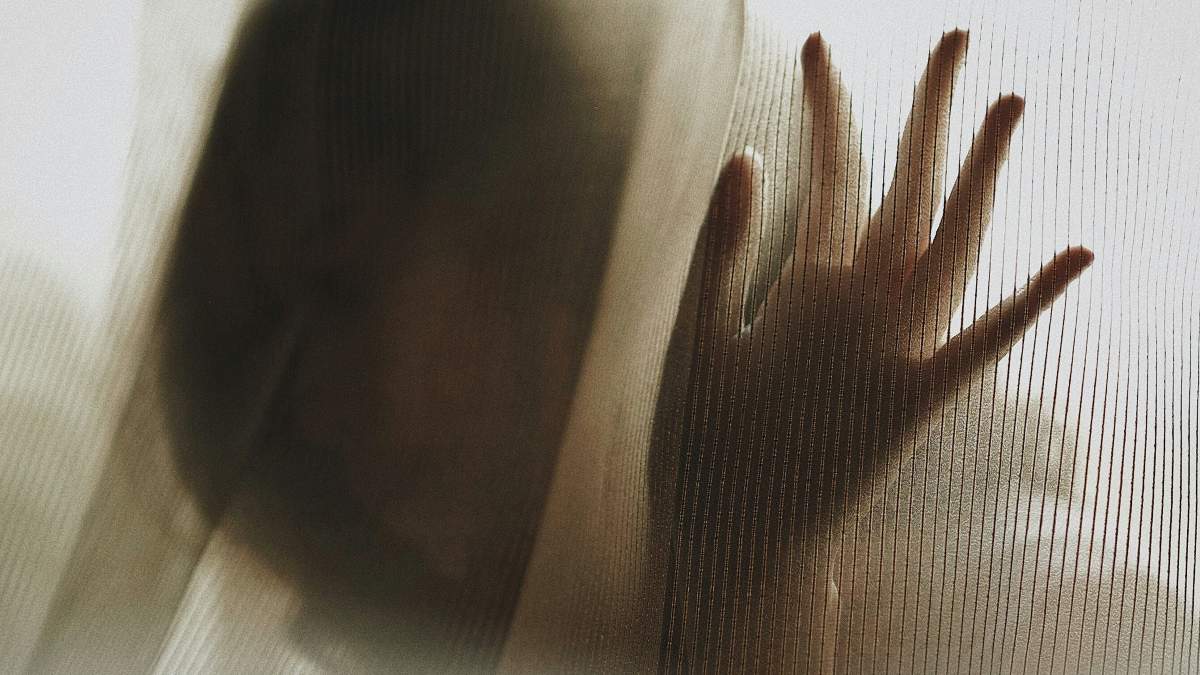
3 Factors That Make 'Dark Media' So Alluring
Concerned about your fascination with all things dark and morbid? Here's why it's nothing to be worried about.

By Mark Travers, Ph.D. | September 06, 2024
Have you ever been glued to a serial killer documentary and wondered why you can't look away? You're not alone. Our attraction to dark content—whether through doomscrolling negative news on social media, watching crime reports and dark movies or playing violent video games—is often a logical and natural part of being human.
For instance, research published in the Journal of Applied Social Psychology found that warning labels on violent TV programs increase an audience's interest in watching them. While this may seem counterintuitive, it's a reflection of our natural psychological wiring.
Here are three reasons why we can't help but be drawn to dark content, according to research.
1. Our 'Shadow Self' Seeks Expression
According to psychologist Carl Jung, the "shadow self," is an unconscious aspect of our psyche, containing repressed traits, thoughts, desires and qualities we often prefer to ignore, such as anger, jealousy or even aggression. However, the shadow self is not inherently negative; it serves an important function.
When we encounter negative content, such as stories of crime, betrayal or failure, we may feel a connection to these shadow aspects of our personalities. By engaging with dark narratives through multimedia, we allow our shadow selves to surface, if only momentarily. This can be a cathartic experience, bringing a sense of satisfaction.
However, it's essential to draw a line and reflect on what this type of media consumption brings out in you. A 2021 study published in Psychology, Crime and Law found that individuals with higher levels of impulsivity, emotional reactivity and frustration with media content are more likely to have higher anger responses to media exposure.
Another 2019 study published in Aggression and Violent Behavior found that viewing aggressive media content can lead to higher rates of relational aggression. So, while giving voice to our shadow selves can promote self-acceptance, it must be done responsibly to avoid potential negative consequences on our behavior and relationships.
2. We Are Wired To Notice The Negative
The "negativity bias" refers to our instinctive tendency to focus more on the negative than the positive. This bias can attract us to darker content and makes perfect sense from an evolutionary standpoint, as our ancestors had to be vigilant about threats to their survival.
Similarly, when we consume media, our brains are on high alert for potential threats and learning opportunities to prepare us for danger. Consequently, negative content, like a scandalous news story or gory documentary, feels more urgent and more difficult to ignore than something more uplifting or mundane.
A 2023 study published in Nature found that news media takes advantage of this survival mechanism, using negative and emotionally provocative words to spread viral news stories. Researchers discovered that negative words in news headlines increased consumption rates, while positive words decreased them.
As media outlets continue to produce negative stories, our inherent bias towards negativity is constantly exploited, making it harder for us to focus on positive or neutral content.
3. We Can't Resist Morbid Curiosity
Morbid curiosity, the compelling urge to seek out sad, unsettling or grotesque experiences, is a powerful psychological drive. But why do we willingly expose ourselves to content that evokes fear, sadness or discomfort? Part of the answer lies in our inherent desire to understand the unknown and to prepare ourselves for potential threats, even if they're purely hypothetical.
In a 2019 study published in Poetics, participants visited haunted house attractions seeking to either minimize or maximize their fear for entertainment's sake. Researchers found that experiencing fear, regardless of intensity, was satisfying to them.
When there's a thrill in walking the tightrope between fascination and horror, it surges the adrenaline we experience and activates our "fight-or-flight" response.
Engaging with this content in a controlled environment allows us to confront our fears without real-world danger. By testing our reactions to frightening situations on screen, we can safely explore the darker aspects of life.
While it's natural to be drawn to negative content, it's important to recognize that indulging in it excessively can have unintended consequences. Overconsumption of dark media may desensitize us or heighten anxiety, making it essential to strike a balance.
The next time you find yourself captivated by something dark or unsettling, remember—it's not a flaw in your character. Yet, by understanding why we're drawn to negative content, we can mindfully manage these tendencies, making space for both the light and shadow within us.
Curious about your fascination with the dark and eerie? Take the Morbid Curiosity Scale to learn more.
A similar version of this article can also be found on Forbes.com, here.
